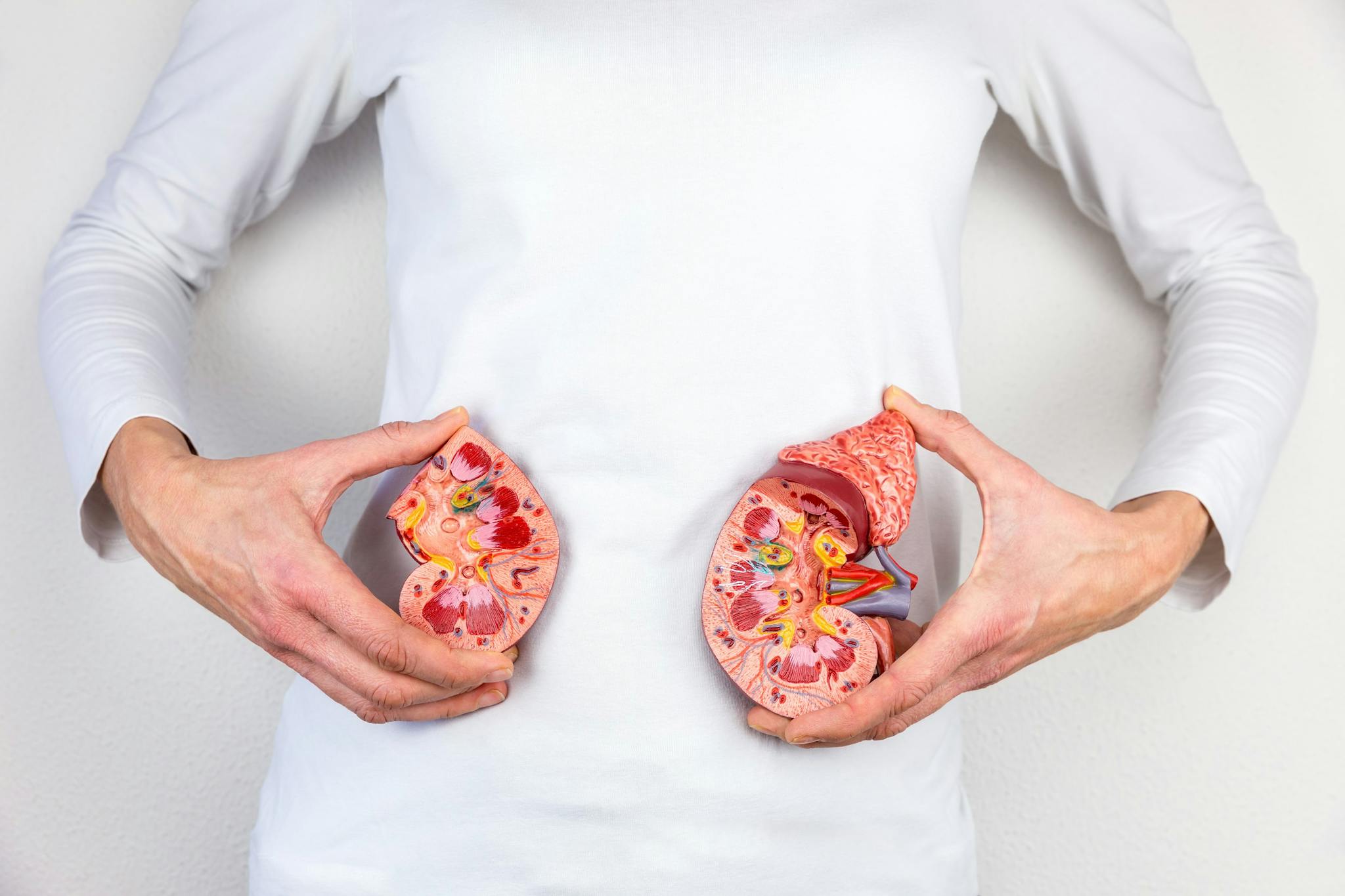
2024-07-12T16:54:51
Sunscreen Travel Tips
- Dermatology
January 25, 2017 | Nephrology

The kidneys are in charge of eliminating waste from our bodies. This waste removal is a process the body needs every single day to prevent harmful waste from damaging other organs and tissues.
When the kidneys are damaged, these wastes stay in the body. This can cause everything from brief swelling to death if left untreated, and can affect anything from digestion to the immune system. This is called kidney disease, and it affects millions of people every year.
There are two primary kinds of kidney disease: acute kidney injury and chronic kidney disease. Here’s a look at what causes each kind of kidney disease, and what preventive measures you might be able to take to limit some of these causes.
Acute kidney injury refers to the sudden loss of kidney function, and it’s also known as “acute renal failure.” Essentially, acute kidney injury is an isolated incident of kidney disease. There are three main causes of acute kidney injury:
One of these three outcomes can be caused by a few different events:
Chronic kidney disease is the term applied anytime the kidneys lose function for more than three months. It usually builds up over time, and doesn’t always show many symptoms early on. The most common causes of chronic kidney disease are high blood pressure and diabetes, both of which can affect the kidneys in serious ways that permanently limit their function.
Other causes of chronic kidney disease include:
Symptoms and complications of chronic kidney disease include:
Treatment for both acute kidney injury and chronic kidney disease vary depending on severity and individual factors. Severe cases may require a kidney transplant. If you’re experiencing some of these symptoms or are concerned about kidney damage, speak to your doctor right away to find out the best course of action.
“Understanding Kidney Disease – the Basics.” WebMD. http://www.webmd.com/a-to-z-guides/understanding-kidney-disease-basic-information#1
“Chronic kidney disease.” The Mayo Clinic. http://www.mayoclinic.org/diseases-conditions/chronic-kidney-disease/home/ovc-20207456
WRITTEN BY:
The Live Better Team


2024-07-12T16:54:51

2024-07-02T11:42:04

2024-07-01T13:49:28

2024-06-21T14:29:51
This information is not intended to replace the advice of a medical professional. You should always consult your doctor before making decisions about your health.